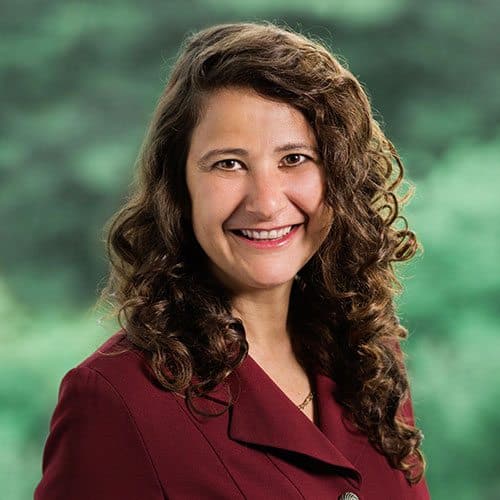Posted by Maria T. Hurd, CPA

CPA firms that perform employee benefit audits can voluntarily join the American Institute of Certified Public Accountants’ EBPAQC (the Center). By joining the Center, member firms show their commitment to providing quality audit services to their clients. Membership indicates that the firm has complied with three important requirements:
a) Minimum industry-specific training
b) Documented industry-specific quality control procedures
c) Self-monitoring through peer review and internal inspection
The EBPAQC requires the individual signing the audit opinion to have a minimum of 8 hours of Continuing Professional Education (CPE) that is specific to employee benefit plans every three years. For example, at BLS the designated audit shareholder who has firm-wide responsibility for the quality of the firm’s ERISA employee benefit plan audit practice completes all of the AICPA CPE requirements in topics related to retirement plans. She often exceeds the minimum tax and audit CPE hour requirements by attending both the American Society of Pension Professionals and Actuaries National conference and MidAtlantic Conference, and the AICPA National Conference. Additionally, a supervisor who specializes in retirement plan audits also exceeds the EBPAQC industry-specific training requirements by attending the AICPA National EBP conferences and nearly all of the webcasts offered by the Center and the firm’s PrimeGlobal Employee Benefit Plan Audit Group. The other 6 members of the audit department involved with retirement plan audits also exceed the Center’s minimum training requirement through attendance at the Center’s webcasts, self-study, and attendance at the various industry-specific conferences in the MidAtlantic region.
The Quality Control Partner, who is in charge of the firm’s annual internal inspection, ensures that his review includes audits of ERISA employee benefit plans representative of the firm’s practice by considering the number and types of plan audits. In our case, the engagements inspected include 401(k), 403(b), other DC plans, DB plans, health and welfare, multiemployer plans, multiple employer plans, state government plans, limited scope and full scope audits. The internal inspection reports specific to the ERISA engagements are made available to the firm’s peer reviewer. The BLS peer review is conducted by individuals employed by a Center member firm and the peer review report is publicly available on the AICPA’s website.
The selection of a retirement plan auditor is an important fiduciary responsibility. In determining whether a potential auditor’s engagements are consistently performed in accordance with professional standards, as well as regulatory and legal requirements, and that the audit team is appropriately trained, it behooves a plan sponsor to ask not just whether the prospective firm meets the requirements for membership in the EBPAQC, but also how much they exceed those requirements. After all, an auditor that exceeds expectations is the most likely to ensure a positive outcome in the case of an IRS or DOL audit.
